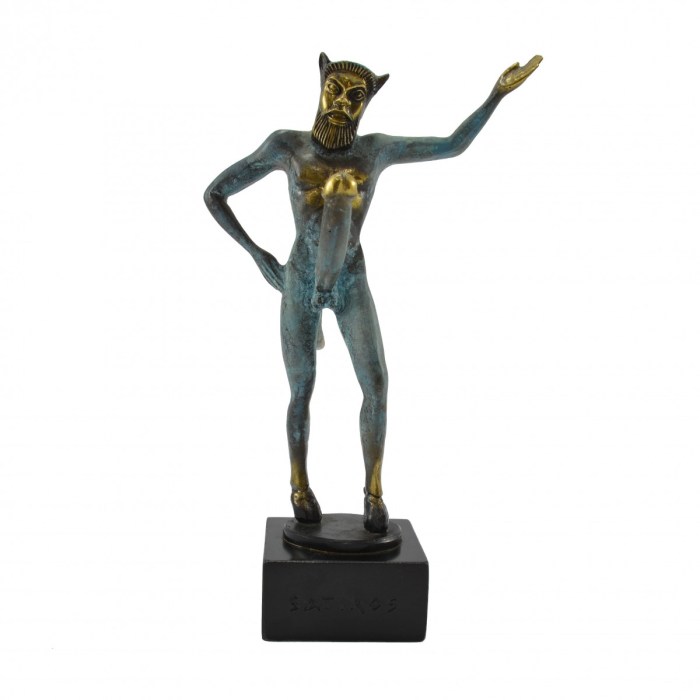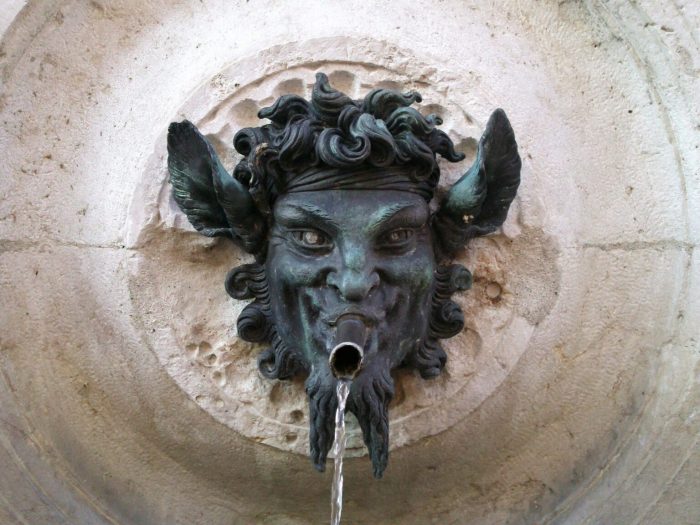Member of a raunchy chorus in some ancient plays – In the vibrant tapestry of ancient Greek and Roman theater, the member of a raunchy chorus emerged as a captivating and controversial figure. These performers, known for their bawdy humor and provocative language, played a crucial role in shaping the tone and impact of these theatrical productions.
Their raucous antics and suggestive lyrics challenged societal norms and pushed the boundaries of acceptable entertainment. This essay delves into the specific role and responsibilities of a member of a raunchy chorus, exploring their contribution to the overall experience of ancient theatergoers.
Chorus in Ancient Plays

In ancient Greek and Roman theater, the chorus played a vital role as a collective voice that commented on the action, provided insights into the characters and themes, and contributed to the overall emotional impact of the play. They typically consisted of a group of 12 to 15 actors who performed in unison, often wearing masks and elaborate costumes.
There were different types of choruses, each with its own specific characteristics. The most common type was the dramatic chorus, which participated directly in the action of the play and interacted with the characters. The lyric chorus, on the other hand, performed songs and dances that were related to the themes of the play but did not directly participate in the action.
Raunchy Elements in Ancient Plays
Ancient Greek and Roman plays often contained elements of raunchy or bawdy humor and language. This was due in part to the cultural and societal context of the time, which was more tolerant of such content than modern audiences might be.
- Examples of raunchy humor in ancient plays include jokes about sex, bodily functions, and other taboo topics.
- Such content was often used to provide comic relief or to satirize certain aspects of society.
Member of a Raunchy Chorus, Member of a raunchy chorus in some ancient plays
Members of a raunchy chorus had the specific role of delivering the bawdy or raunchy lines and performing the associated actions.
Their performance would have contributed to the overall tone and impact of the play by creating a sense of humor and irreverence.
Impact on Audience
The intended effect of raunchy choruses on the audience was to entertain and amuse them. Such content would have likely elicited laughter and a sense of release from the often serious and tragic nature of the plays.
However, it is important to note that the reaction to raunchy humor in ancient plays may have varied depending on the cultural and social norms of the time.
Comparison to Modern Performances
The use of raunchy humor in ancient plays differs from its use in modern theater and entertainment in several ways.
- In ancient plays, raunchy humor was often more explicit and direct, while in modern performances it is often more subtle and nuanced.
- In addition, the cultural and societal context in which raunchy humor is used has changed significantly over time, leading to different attitudes and expectations from audiences.
Questions and Answers: Member Of A Raunchy Chorus In Some Ancient Plays
What was the primary function of a raunchy chorus in ancient plays?
The primary function of a raunchy chorus was to provide comic relief and social commentary through their bawdy humor and suggestive lyrics.
How did the raunchy content in ancient plays reflect societal norms?
The raunchy content in ancient plays reflected the prevailing societal norms of the time, where bawdy humor and suggestive language were more widely accepted.
What were the specific responsibilities of a member of a raunchy chorus?
Members of a raunchy chorus were responsible for delivering bawdy jokes, singing suggestive songs, and engaging in provocative dance routines.


